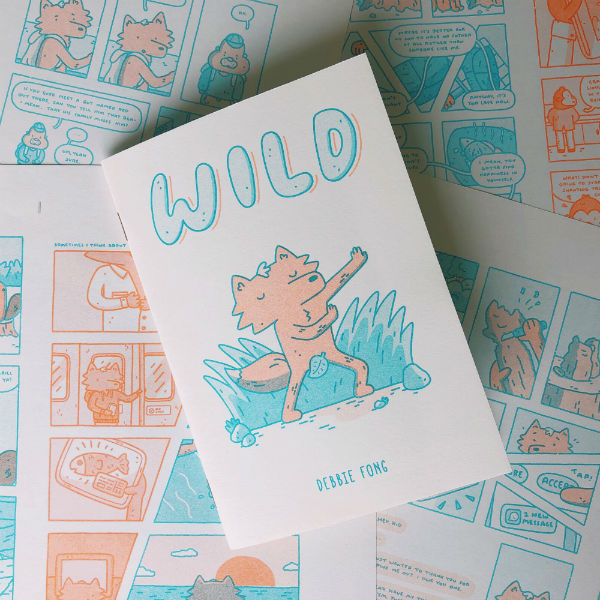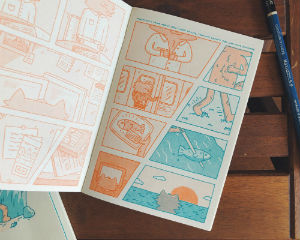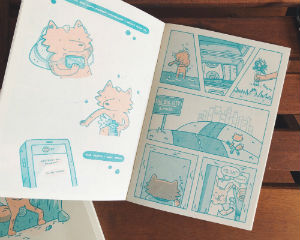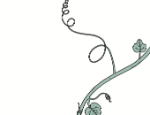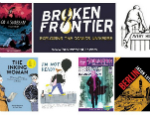In last year’s Broken Frontier Awards Debbie Fong’s short comic Greenhouse won the ‘Best One-Shot’ category for a story that I described as a subtle yet uncompromising account of mental health, solitude and botany. Fong’s latest self-contained offering is a very different beast indeed but one that still has universal themes at its core that we can all connect with.
Whereas Greenhouse explored its subject matter with a quiet but claustrophobic intensity, Wild has a far lighter and philosophical tone. It makes clever use of the irony that anthropomorphic animals can underline the humanity of a given situation far more effectively than more direct representation. Fong introduces us to a fox named Flint, a protagonist who has given up many of the comforts of modern urban living for a life in the wild.
But Flint’s existence is nonetheless split between his old world and his new one with certain luxuries like social media messaging with his friends retained, and a constant overlap between his previous life and his new one. Existential questions about his decision are further examined after a chance encounter with a beaver called Red who has more fully turned his back on society. It’s a meeting that will lead Flint to answers about balance, happiness and rediscovering where we come from.
Fong again proves to be a subtle storyteller, opening up some of the great metaphysical conundrums of existence with a delicate and considered understatement. This is slice-of-life storytelling that is instantly relatable with a sympathetic lead who effectively acts as the audience’s stand-in for their own personal reflections on the objective purpose and meaning of our place in the world.
Fong’s careful use of colour adds a chronological layer to Flint’s meditations, juxtaposing timeframes with poignancy and immediacy. It’s those moments where Flint loses himself in the natural world, though, that will stay with the reader; sudden expanses of white dotted with floating vignettes as he immerses himself in the wilderness. They prove a direct contrast to the more packed and dense pages elsewhere when he’s involved in more critical self-examination.
Fong describes the comic as “about returning to your roots, the pursuit of happiness, and tai chi” but that casually cheerful tagline only partially encapsulates the almost spiritual depth of this comic. The versatile Debbie Fong continues to produce some of the most touching and inventive slice-of-life work in comics self-publishing.
For more on the work of Debbie Fong visit her website here and follow her on Twitter here. Greenhouse is published by Pommo Press and available from her online store here.
For regular updates on all things small press follow Andy Oliver on Twitter here.





